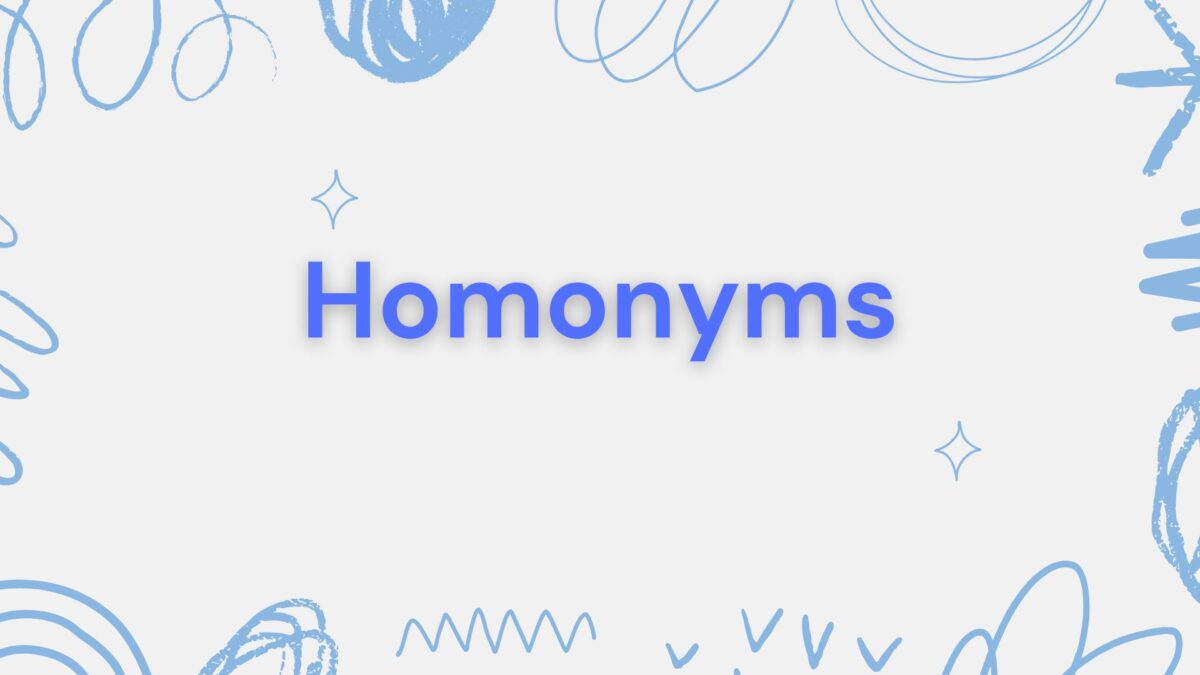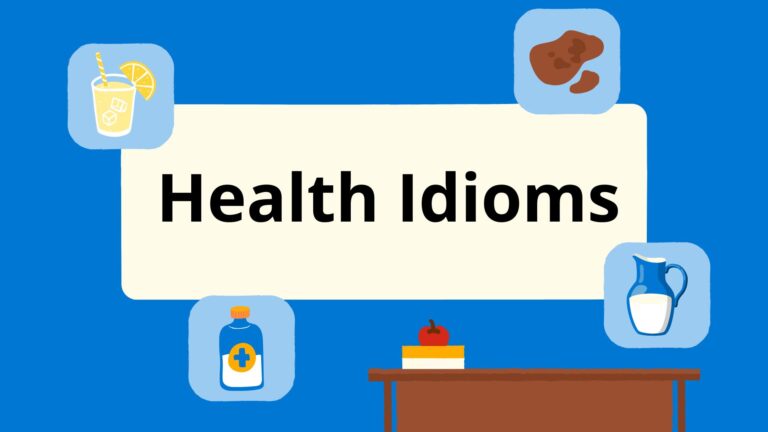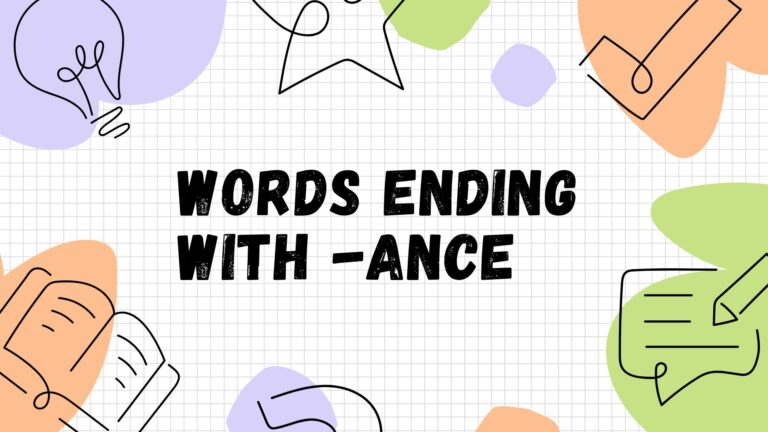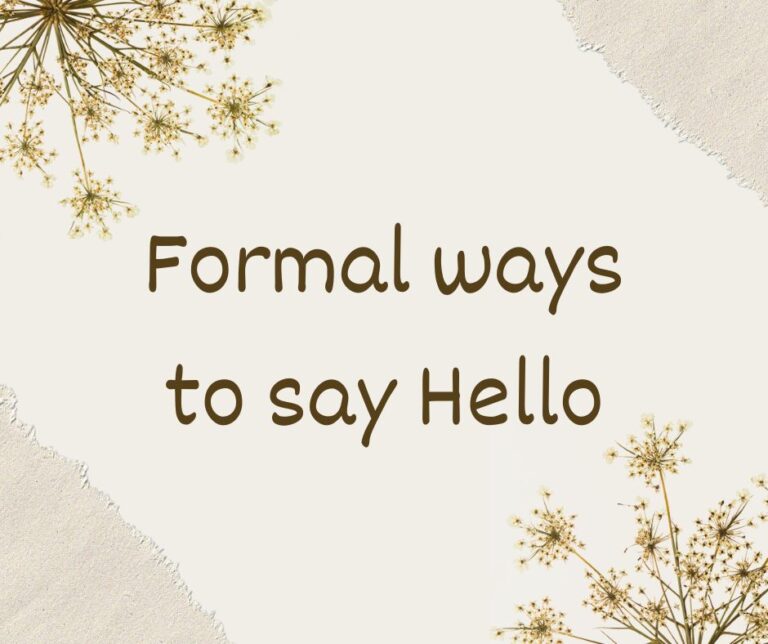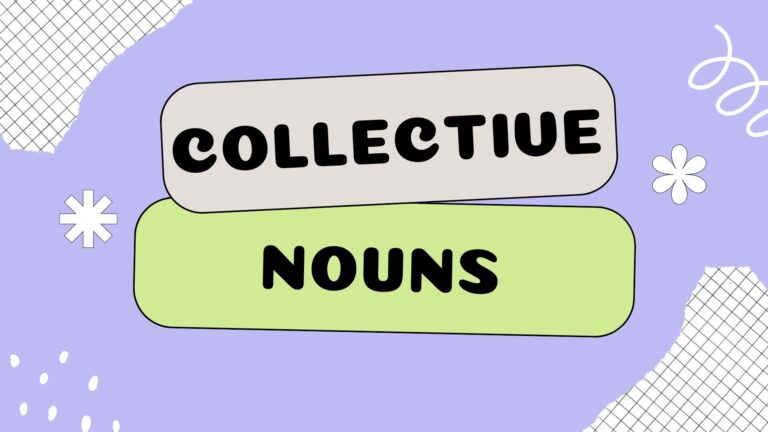Homonyms: Words That Sound Same But Mean Different
Discover what homonyms are and how they work in English. This post covers types of homonyms with clear examples to boost your vocabulary and avoid confusion.
Have you ever been confused by words that sound the same or look the same but mean something totally different? Welcome to the world of homonyms, a quirky yet essential part of the English language.
What Are Homonyms?
Homonyms are words that either:
- Sound the same but have different meanings (and sometimes different spellings),
- Look the same and have different meanings, or
- Both look and sound the same, but mean different things.
Types of Homonyms
There are three main types:
1. Homophones
Homophones are words that sound the same but have different spellings and meanings.
For Example:
Two (number)
To (preposition)
Too (also)
2. Homographs
Homographs are words that have the same spelling but have different meanings and sometimes different pronunciations.
For Example:
Lead (to guide)
Lead (a metal)
3. Homonyms
These are words that are spelled and pronounced the same but have different meanings.
For Example:
Bat (an animal)
Bat (used in sports)
Common Examples:
Bark (The sound a dog makes)
Bark (Outer layer of a tree)
Watch (A timepiece)
Watch (To observe)
Right (Correct)
Right (Opposite of left)
100 Homonyms Examples with Meanings
| Word | Meaning 1 | Meaning 2 |
| Watch | Observe | Timepiece |
| Yard | Unit of measure | Outdoor space |
| Wind | Moving air | To twist |
| Well | Good health | Water source |
| Spring | Jump | Season |
| Trip | A stumble | A journey |
| Trunk | Elephant’s nose | Car storage |
| Tire | A wheel cover | To become weary |
| Star | A celestial body | A famous person |
| Rose | A flower | Past tense of rise |
| Sole | Only | Part of foot |
| Seal | Animal | To close something |
| Row | To paddle | A line |
| Pitch | Throw | A musical tone |
| Rock | Music | Stone |
| Ring | Circle | To call |
| Right | Correct | Opposite of left |
| Ream | Large quantity of paper | To criticize harshly |
| Quarry | An excavation site | A prey being hunted |
| Plane | Aircraft | A tool or surface |
| Novel | A book | New or unusual |
| Pass | To go by | A grade |
| Palm | Tree | Inside of hand |
| Page | A sheet of paper | A young servant |
| Lie | Lay Down | To tell a falsehood |
| Mole | A small mammal | A spy or secret agent |
| Mind | The brain | To pay attention |
| Mean | Unkind | Average |
| Light | Weightless | Visible radiation |
| Grave | Serious | Burial place |
| Lean | To incline | Thin or lacking fat |
| Left | Direction | Past tense of leave |
| Hard | Solid | Difficult |
| Hail | Ice pellets | To greet or call |
| Drop | To fall | A small amount of liquid |
| Flat | Level surface | An apartment |
| Firm | A business | Solid or steady |
| File | A collection of data | To smooth with a tool |
| Fast | Moving quickly | To abstain from food |
| Fair | Reasonable | A carnival event |
| Wound | An injury | Past tense of wind |
| Current | Flowing water | Happening now |
| Bright | Intelligent | Full of light |
| Bit | A small piece | Past tense of bite |
| Bat | To hit | A mammal |
| Bark | To shout sharply | Tree covering |
| Suit | A set of clothes | A legal case |
| Well | In good health | A water source |
| Watch | A timepiece | To observe |
| Trip | A journey | To stumble or fall |
| Tire | To become weary | A rubber wheel part |
| Ship | A large boat | To send something |
| Stick | A twig | To adhere |
| Stalk | Part of a plant | To follow stealthily |
| Spring | A season | To jump up suddenly |
| Sink | A basin | To go down in water |
| Rock | A stone | A music genre |
| Seal | A sea animal | To close something tightly |
| Scale | To climb | A measuring device |
| Saw | Past tense of see | Cutting tool |
| Ruler | A leader | Measuring tool |
| Row | A line of things | To paddle a boat |
| Pen | A writing instrument | An animal enclosure |
| Pound | A unit of weight | To hit repeatedly |
| Pole | A long rod | Either end of Earth’s axis |
| Point | A sharp tip | A unit of score |
| Pitcher | A container | A baseball player |
| Arm | Part of the body | A division of a company |
| Can | Able to | A metal container |
| Bow | Front of a ship | A decorative knot |
| Bank | Financial institution | Side of a river |
| Bear | To carry or endure | A large mammal |
| Bat | Flying mammal | Sports equipment |
| Bark | Dog’s sound | Tree’s outer covering |
| Log | A piece of wood | A record or journal |
| Park | Public green area | To stop a vehicle |
| Net | A mesh material | Remaining amount |
| Nail | Part of the body | A metal fastener |
| Mole | A small animal | A spy or skin mark |
| Match | A contest | An igniting stick |
| Game | A contest | Wild animals hunted |
| Light | Not heavy | Illumination |
| Letter | Alphabet symbol | A written message |
| Kind | Type or category | Being nice |
| Jam | Fruit preserve | Traffic congestion |
| Gum | Chewing candy | Tissue in the mouth |
| Duck | To lower quickly | A waterfowl |
| Foot | Part of the body | A unit of measure |
| Fly | To move through air | A small insect |
| Fine | Good or acceptable | A penalty fee |
| Fan | An admirer | A cooling device |
| Capital | City or town | Money or wealth |
| Down | Towards lower position | Soft feathers |
| Die | To cease living | A dice |
| Date | A social or calendar event | A fruit |
| Crane | A bird | Construction equipment |
| Club | A group of people | A blunt weapon |
| Cell | Small room or unit | A biological unit |
| Minute | A unit of time | Extremely small |
| Ring | A circular band of metal | To make a sound like a bell |
What are homonyms?
Homonyms are words that sound the same or are spelled the same but have different meanings.
Can you provide an example of homonyms?
Yes! The word “bat” can refer to a flying mammal or a piece of sports equipment used in baseball.
Are homonyms always spelled the same?
No, not all homonyms are spelled the same. Some homophones, like “flour” and “flower,” sound alike but have different spellings and meanings.
What is the difference between homonyms and homographs?
Homonyms include both homographs (same spelling, different meanings) and homophones (same sound, different meanings). For example, “lead” (to guide) is a homograph, while “pair” (a set of two) and “pear” (a fruit) are homophones.
How can homonyms cause confusion in communication?
Homonyms can lead to misunderstandings if the context isn’t clear. For example, “I saw her bat” could mean seeing someone with a baseball bat or seeing a bat flying.
Are there any common phrases that use homonyms?
Yes! Phrases like “time flies” (referring to the passage of time) and “flies” (insects) showcase how context clarifies meaning.
Can learning homonyms improve language skills?
Understanding homonyms can enhance vocabulary, comprehension, and the ability to play with language creatively.
Where can I find more examples of homonyms?
Many educational websites, dictionaries, and language learning resources offer extensive lists and examples of homonyms for further study.

